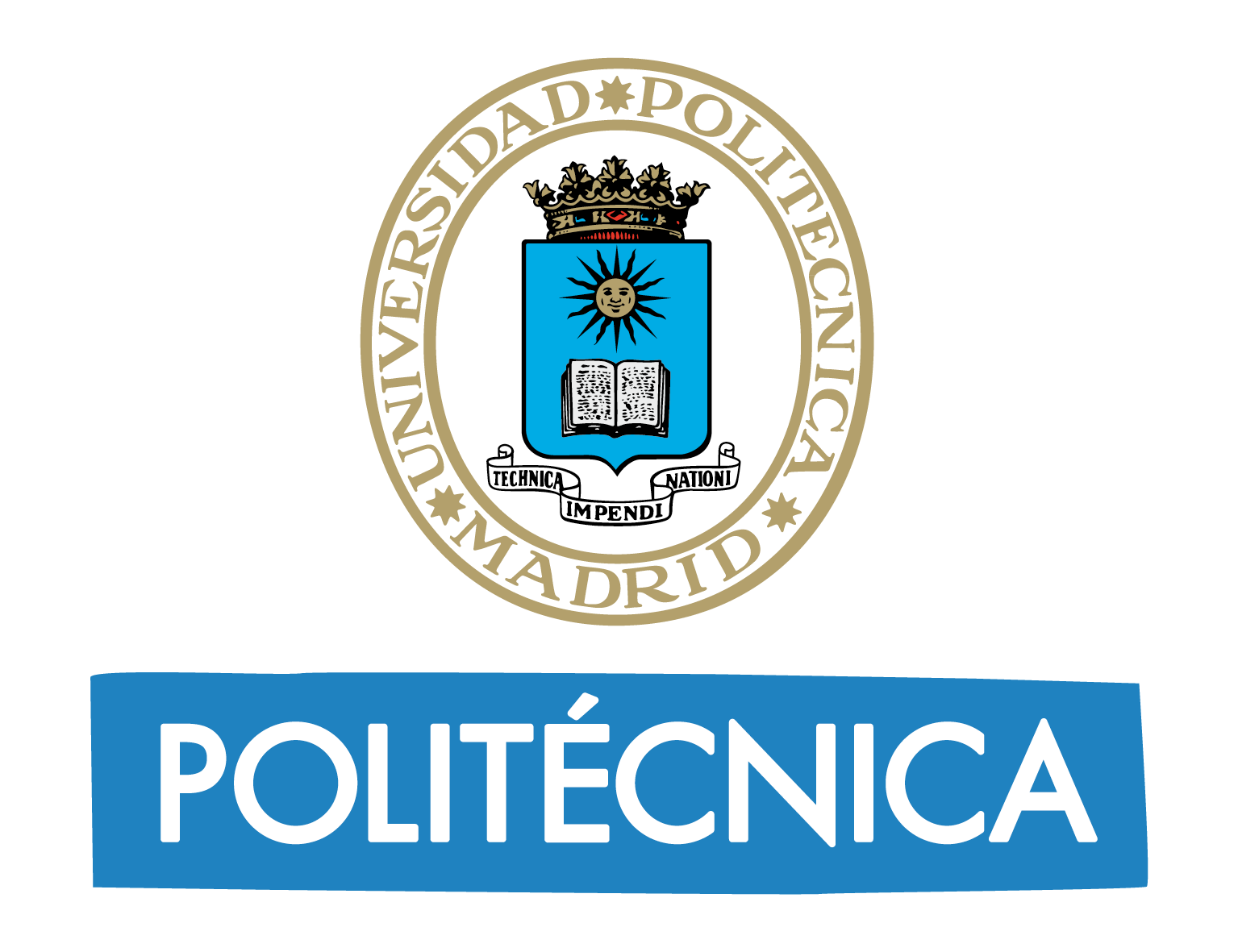Telecommunications Engineering
| Total credits | 373,5 credits | ||||
| Curriculum in force | 1994 Curriculum (BOE - Official Spanish Gazette, 21 May 1994) | ||||
| Years of study | 5 | ||||
| Course Contents |
1994 Curriculum Telecommunications Engineering is a 5-year degree structured in two cycles in accordance with the UPM Curriculum in force (1994 Curriculum). To obtain this degree, students are required to complete a total of 373.5 credits consisting of Core subjects, Required subjects, Electives and Free Electives. The first cycle consists of the first three academic years, with a total of 178.5 credits in Core and Required subjects, 18 in Electives and 22 credits which students must obtain through Free electives. In the first cycle students are taught the scientific and technological foundations they will need for the rest of the degree. The second cycle comprises the two final academic years, in which future telecommunications engineers specialise in one or more of the following principal specialist areas: *Electronics *Telematics * Communications In addition to these principal areas and their corresponding intensifications, there are two further intensifications which students may study regardless of their specialist area: Intensification in Bioengineering |
||||
| Taught at | Higher Technical School of Telecommunications Engineering Campus Ciudad Universitaria Avenida Complutense, nº 30 Campus Ciudad Universitaria 28040 Madrid 91 549 57 00 |
||||
| Web Page | www.etsit.upm.es/ | ||||



